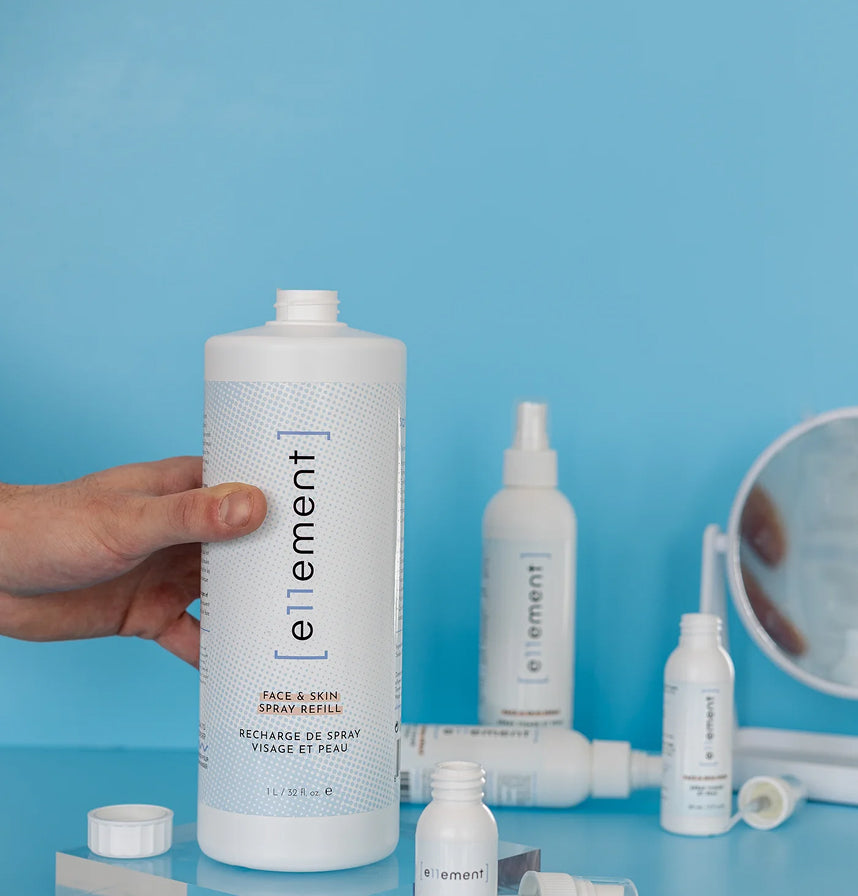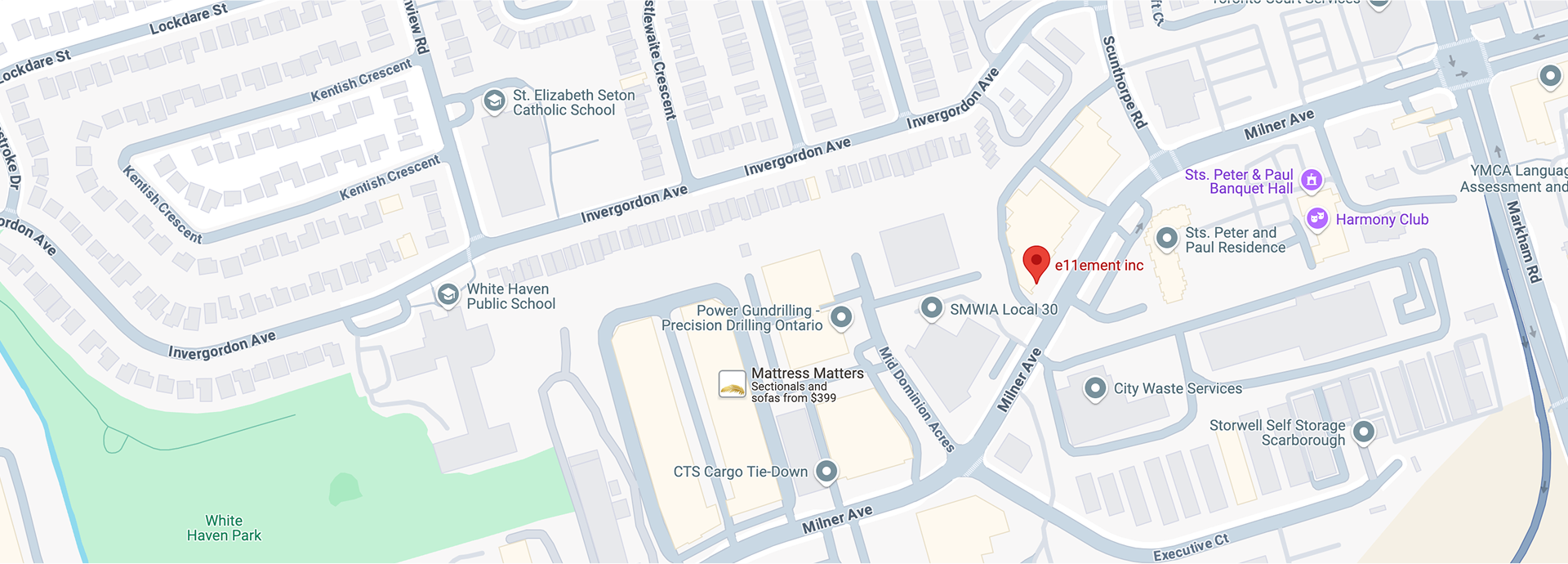Hypochlorous acid (HOCl) is a naturally occurring substance produced by white blood cells in the human body. It plays a crucial role in the immune response, helping to fight off infections and heal wounds. In recent years, hypochlorous acid has gained popularity in various industries, including healthcare, skincare, and sanitation, due to its powerful antimicrobial properties.

Benefits of Hypochlorous Acid
Hypochlorous acid is praised for its effectiveness in killing bacteria, viruses, and fungi. This makes it a valuable asset in medical settings, particularly for wound care and infection control. Additionally, it is non-toxic and safe for use on human skin, making it an attractive option for skincare products.
Hypochlorous Acid in Skincare
In skincare, hypochlorous acid spray is used for its gentle yet effective cleansing properties. It can help to reduce inflammation, redness, and acne by targeting bacteria on the skin's surface. Furthermore, hypochlorous acid spray is often recommended for individuals with sensitive skin, as it is less likely to cause irritation compared to traditional antibacterial agents.
Hypochlorous Acid Spray: Applications and Uses
Hypochlorous acid spray is versatile and can be used in various ways:
- Wound Care: It helps to clean and disinfect wounds, promoting faster healing.
- Skin Irritations: It can soothe and reduce inflammation caused by conditions like eczema and psoriasis.
- Acne Treatment: Its antibacterial properties make it effective in reducing acne-causing bacteria.
- General Disinfection: It can be used to sanitize surfaces and hands, especially in medical environments.
Can Hypochlorous Acid Cause Purging?
A common question among skincare enthusiasts is whether hypochlorous acid can cause purging. Skin purging refers to a temporary worsening of the skin's condition, often characterized by an increase in acne or irritation, as the skin adjusts to a new product.
Understanding Skin Purging
Skin purging occurs when an active ingredient accelerates the skin's natural exfoliation process, bringing underlying congestion to the surface. This can result in breakouts or irritation, which may be mistaken for a negative reaction to the product.
Hypochlorous Acid and Skin Purging
While hypochlorous acid is generally well-tolerated and less likely to cause irritation, some individuals may experience purging when first incorporating it into their skincare routine. This is typically a short-term effect and should subside as the skin adjusts.
Side Effects and Precautions
Although hypochlorous acid is considered safe for most people, it is important to be aware of potential side effects and take necessary precautions.
Potential Side Effects
- Skin Irritation: In rare cases, hypochlorous acid may cause mild irritation or dryness, particularly for those with very sensitive skin.
- Allergic Reactions: Although uncommon, some individuals may have an allergic reaction to hypochlorous acid. Symptoms can include redness, itching, and swelling.
Precautions
- Patch Test: Before using hypochlorous acid spray on a large area, perform a patch test to ensure you do not have an adverse reaction.
- Consult a Dermatologist: If you have pre-existing skin conditions or concerns, it is best to consult a dermatologist before adding new products to your skincare routine.
Conclusion
Hypochlorous acid is a versatile and effective solution with numerous benefits, particularly in skincare and medical applications. While it is generally safe and well-tolerated, it is important to be aware of the potential for skin purging and side effects. By taking necessary precautions and consulting with a healthcare professional, you can safely incorporate hypochlorous acid spray into your routine and enjoy its numerous benefits.























